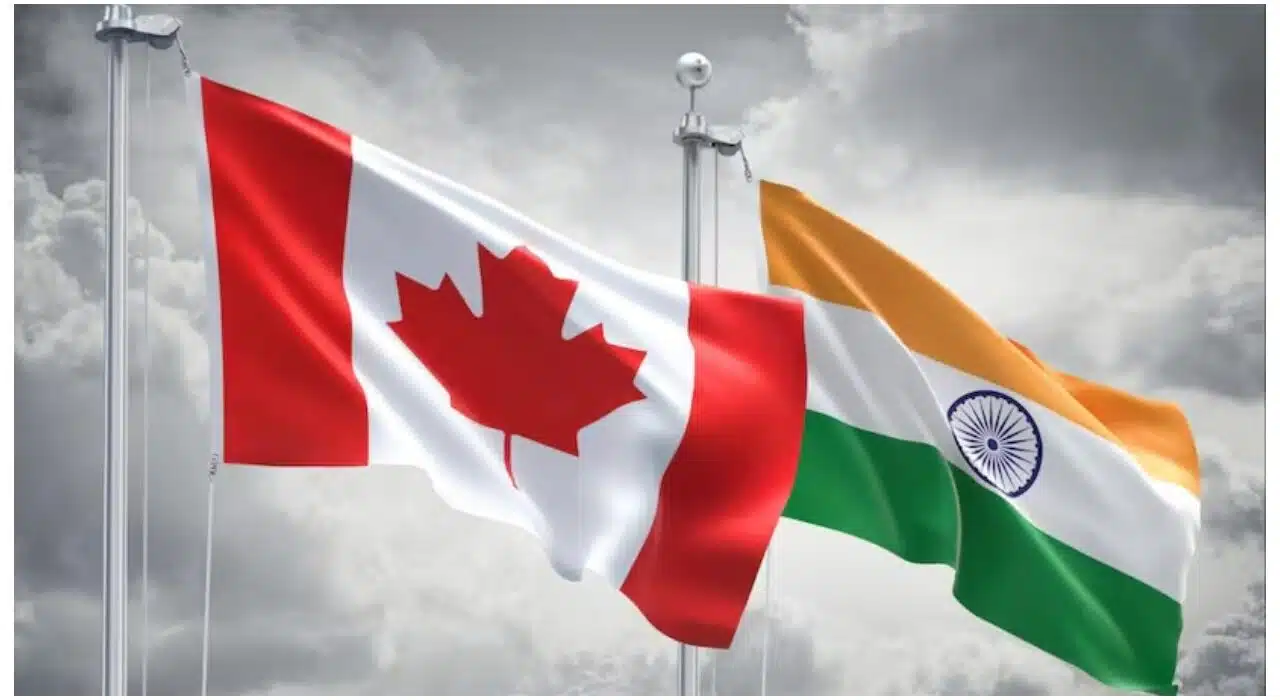In the wake of the Canadian Commission report levelling allegations of election interference against India, India stoutly denies any accusations of the kind and has set the opposite, accusing Canada of its age-old habit of interfering in India’s internal affairs. The Ministry of External Affairs (MEA) has refuted the claims as factually incorrect and termed Ottawa’s action an “incident of creating [an] atmosphere that is conducive to illegal immigration and other illegal activities.
India Hits Back at Canadian Commission Report of Election Interference
Responding to a 123-page report, MEA spokesperson Randhir Jaiswal said, “We have read a report on what has been purported to be an act of interference. Not only that, Canada has also been persistently intruding into Indian internal affairs at all times. It has also allowed the emergence of illegal migration and organised illegal behaviour.
The unwavering reaction of India points towards the growing diplomatic friction between the two countries, and bilateral accusations are soaring on both sides.
What Does the Canadian Commission Report Claim?
Canadian Commission concludes that its finding is that India is on its doorstep in relation to China with respect to foreign interference in the Canadian election. India is ranked second in terms of the most active country in electoral foreign interference in Canada, the report claims.
As per the report, there are also cases that have occurred in the past, i.e., the Canadian refusal of entry for six Indian diplomats in October 2024 due to “planning and implementation” of a “violent campaign” against Canadian citizens. As India retaliated it asked six Canadian diplomats to leave accusing Ottawa of politically motivated and false allegations.
The Nijjar Controversy Resurfaces
The report then itemises the highly disputed case of the murder of Hardeep Singh Nijjar and alleges that India has continued spouting disinformation in the aftermath. On the other hand, the text is paradoxical, whereby it concedes that it is not possible to state with any certainty that involvement by any foreign state might not happen.
“Disinformation is also used as a retaliatory tactic… This may have been the case with a campaign following the Prime Minister’s announcement regarding suspected Indian involvement in the killing of Hardeep Singh Nijjar,” the report states, while simultaneously conceding that Canada failed to establish a concrete link.
Escalating Diplomatic Tensions
The bilateral rift between India and Canada has been exacerbated over the past 12 months along axes of disagreement over security, churn in asylum and migration management, and political postures. India’s rejection of these latest allegations underscores its growing frustration with what it perceives as a biased stance from Canada.
It has been given some consideration to how the two powers have dealt with their behaviour to this important issue in the face of increasing pressure.
Also, see: Watch: Justin Trudeau’s resignation speech in full
